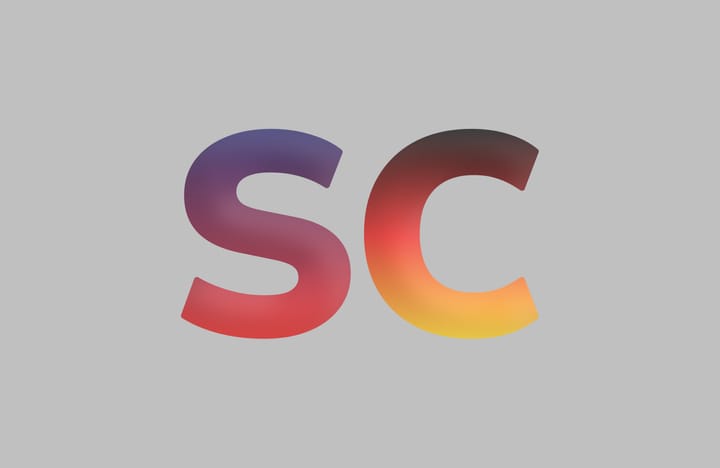Power in Gaza: The Fight for Water and Food

By Julian Faulk
Long before the war in Gaza began, Israel exercised significant power over the food and water supply in Gaza and the West Bank. This caused and continues to cause suffering and disaffection. Through severe restrictions on the movement of goods and the manipulation of resources, Israel not only exerted economic control, but also forced millions of Palestinians into a vulnerable state. Israeli power over resources in Gaza and the West Bank has tightened since the war, leaving millions of Palestinians powerless, poor, and profoundly vulnerable.
Since the outbreak of war in October 2023, over 1.8 million people in Gaza have faced increasingly extreme hunger, worsened by the Israel-Palestine conflict and restrictions by Israel. Israel's blockade of the Gaza Strip, following the takeover by Hamas in 2007, restricts movement of natural resources and food that enter the region via sea, land, or air (UNRWA). These restrictions have resulted in food insecurity for roughly 2 million Gazan’s (World Food Programme). Gaza, which used to rely heavily on agriculture, faces a nearly existential crisis in maintaining food production due to restrictions of farm equipment, fertilizers, and other basic essentials. The strict border control disrupts the flow of humanitarian aid into Gaza and disturbs the local food market, as farmers struggle to get access to materials needed to properly care for their crops. As a result, food prices have skyrocketed, pushing even more families into poverty. Land that could support the agricultural sector is currently facing damage from the ongoing conflict, further worsening the food crisis in Gaza (Food and Agriculture Organisation).
The power that Israel has exerted, well before the war, over land and land development, especially through Israeli settlements, has limited Palestinian access to agricultural land and resources (World Food Programme). Settlements and military operations around the West Bank make it nearly impossible for farmers to access their land and to export their goods. This increases the dependence of Palestinians on humanitarian aid. These restrictions highlight how Israel’s control over food is a way of asserting power over the Palestinian people of Gaza and the West Bank.
Furthermore, Israel holds power over water resources in Gaza. The 1995 Oslo Accords demand that water supplies from the West Bank and Gaza were to be shared with Israel (Billeh). In turn, Israel would control the water supply to Palestine, delivering a fixed amount of water each year, ultimately leaving Gaza and the West Bank with minimal access to aquifers. In Gaza, the population is dependent on coastal aquifers, 81% of which do not meet the World Health Organization water quality requirements (UNRWA). Israel controls nearly all the water extracted from these aquifers, leaving Gaza’s residents with limited access to clean drinking water and even less access to safe drinking water.
In the West Bank, Israel's control over water is similar to that of Gaza. Israel's power over the region's water supply, specifically the Mountain Aquifer, an important water source for both Israel and Palestine, has left many Palestinians in the West Bank with limited water access (Global Waters). The allocation of water by Israel is used as a political power tool to punish Palestinians (including children) in the West Bank. Many areas in the West Bank face extreme water shortages, relying on expensive water deliveries from Israel. As a result, many Palestinians lack access to clean water, further worsening the health issues related to water shortages.
In conclusion, Israel’s continued power over food and water in Gaza and the West Bank has worsened the humanitarian crisis, leaving millions of people to suffer in inhumane conditions. Restrictions on basic resources, including water and food, contribute to widespread famine, waterborne health issues, and profound disaffection.


